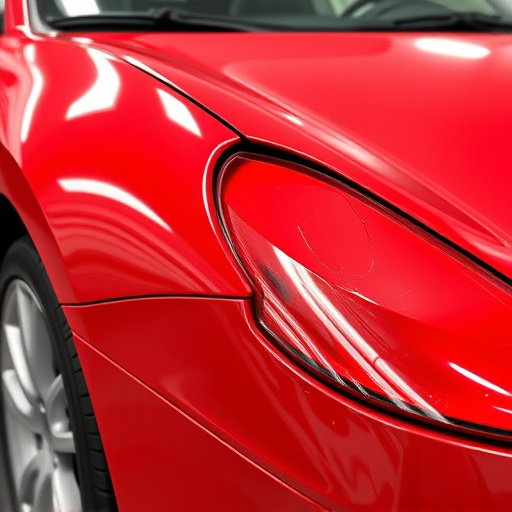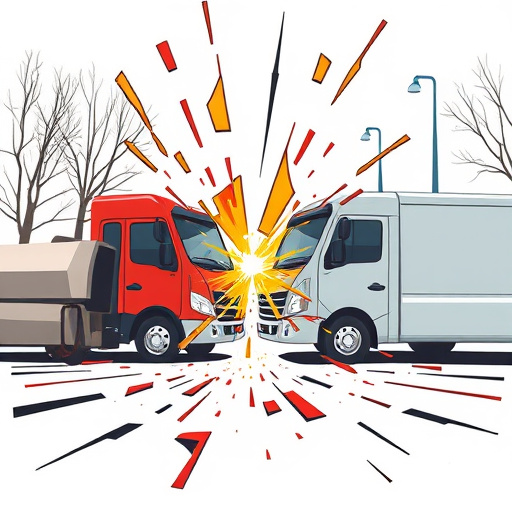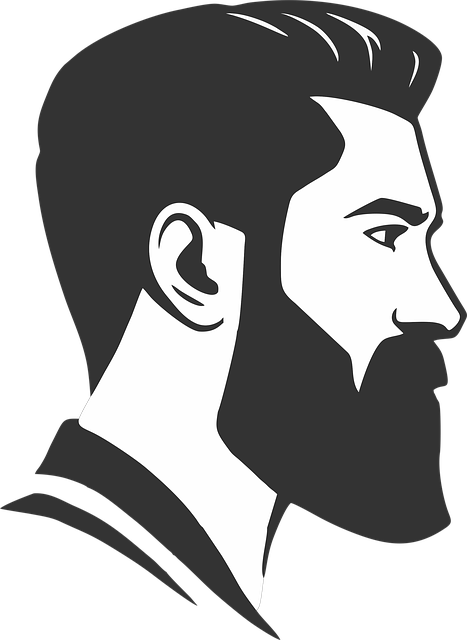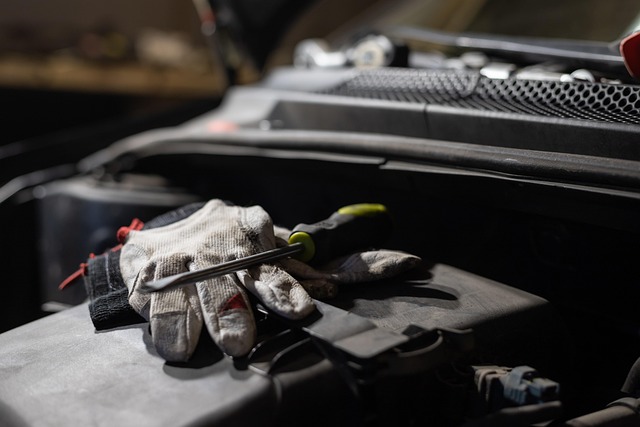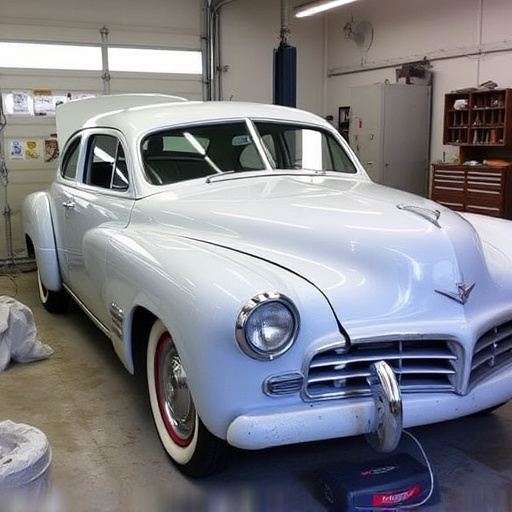Customer Safety Assurance (CSA) standards guide collision repair shops to prioritize staff training in hazardous materials, quality control, ventilation, and customer communication. Robust CSA frameworks protect customers, build trust, and enhance long-term client relationships through open dialogue and effective feedback channels. Regular training mitigates errors, while encouraging open communication ensures customer involvement in their safety during services like scratch, bumper, and auto glass repair.
Maintaining consistent customer safety assurance is paramount for any business, fostering trust and loyalty. This article explores best practices to safeguard your customers and protect your brand reputation. We’ll delve into defining robust customer safety assurance standards, implementing comprehensive training programs that empower staff to identify and mitigate risks, and fostering open communication channels that encourage customer feedback and transparency. By adopting these strategies, businesses can ensure a safe and positive experience for their customers at every touchpoint.
- Define Customer Safety Assurance Standards
- Implement Comprehensive Training Programs
- Foster Open Communication Channels
Define Customer Safety Assurance Standards

Customer Safety Assurance (CSA) standards are the foundational pillars that ensure a collision repair shop operates with utmost care and consideration for the well-being of its customers. Defining these standards involves establishing clear protocols and procedures that encompass every aspect of the vehicle repair process, from initial assessment to final handover. It’s not merely about adhering to industry regulations but exceeding them, fostering an environment where safety is not just a priority but a culture.
These standards must cover various areas, including proper training for staff on handling hazardous materials, implementing effective quality control measures for paintless dent repair and other services, ensuring proper ventilation and air quality within the shop, and establishing robust communication channels to keep customers informed throughout their vehicle’s repair journey. A well-defined CSA framework not only safeguards customers but also bolsters trust in the collision repair shop, positioning it as a responsible and reliable service provider.
Implement Comprehensive Training Programs

Implementing comprehensive training programs is a cornerstone of any forward-thinking car repair shop or collision repair centre aiming for exceptional customer safety assurance. These programs should cover not just technical aspects of car bodywork services but also safety protocols, industry best practices, and customer service skills. By investing in regular training sessions, employees gain the knowledge to perform tasks accurately and securely, reducing the risk of errors that could compromise customer safety.
Moreover, well-trained staff are better equipped to communicate effectively with clients, addressing concerns about their vehicle’s safety and the repair process transparently. This two-way dialogue fosters trust, ensuring customers understand the steps taken to ensure their car’s structural integrity after a collision or regular maintenance. Such transparency is vital in building long-term relationships based on satisfaction and loyalty.
Foster Open Communication Channels
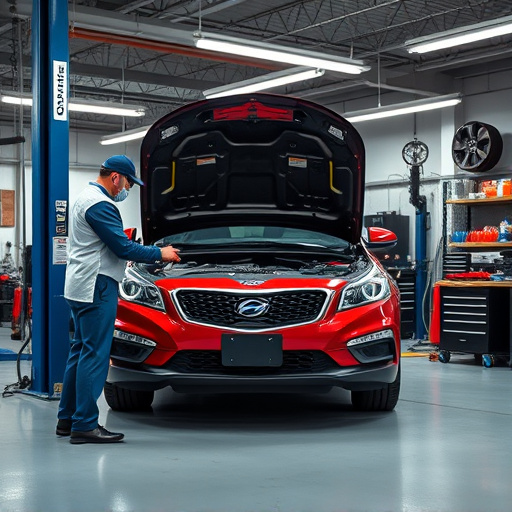
Encouraging open communication is a cornerstone of delivering consistent customer safety assurance. Businesses should establish multiple channels for clients to voice concerns, provide feedback, and report incidents. This could include phone lines, email addresses, or even dedicated social media platforms. By actively listening and promptly addressing these interactions, companies demonstrate their commitment to customer well-being.
Fostering an environment where customers feel heard contributes to building trust. It empowers them to take proactive measures, like reporting potential hazards they encounter during services such as scratch repair, bumper repair, or auto glass repair. This two-way dialogue ensures that any issues are identified and resolved swiftly, enhancing overall customer safety assurance.
Ensuring consistent customer safety assurance is paramount in fostering trust and loyalty. By defining clear standards, implementing robust training programs, and encouraging open communication channels, businesses can create a culture of safety that benefits both customers and employees. These best practices not only enhance operational efficiency but also serve as a cornerstone for building a positive brand image, ultimately driving customer satisfaction and retention.

